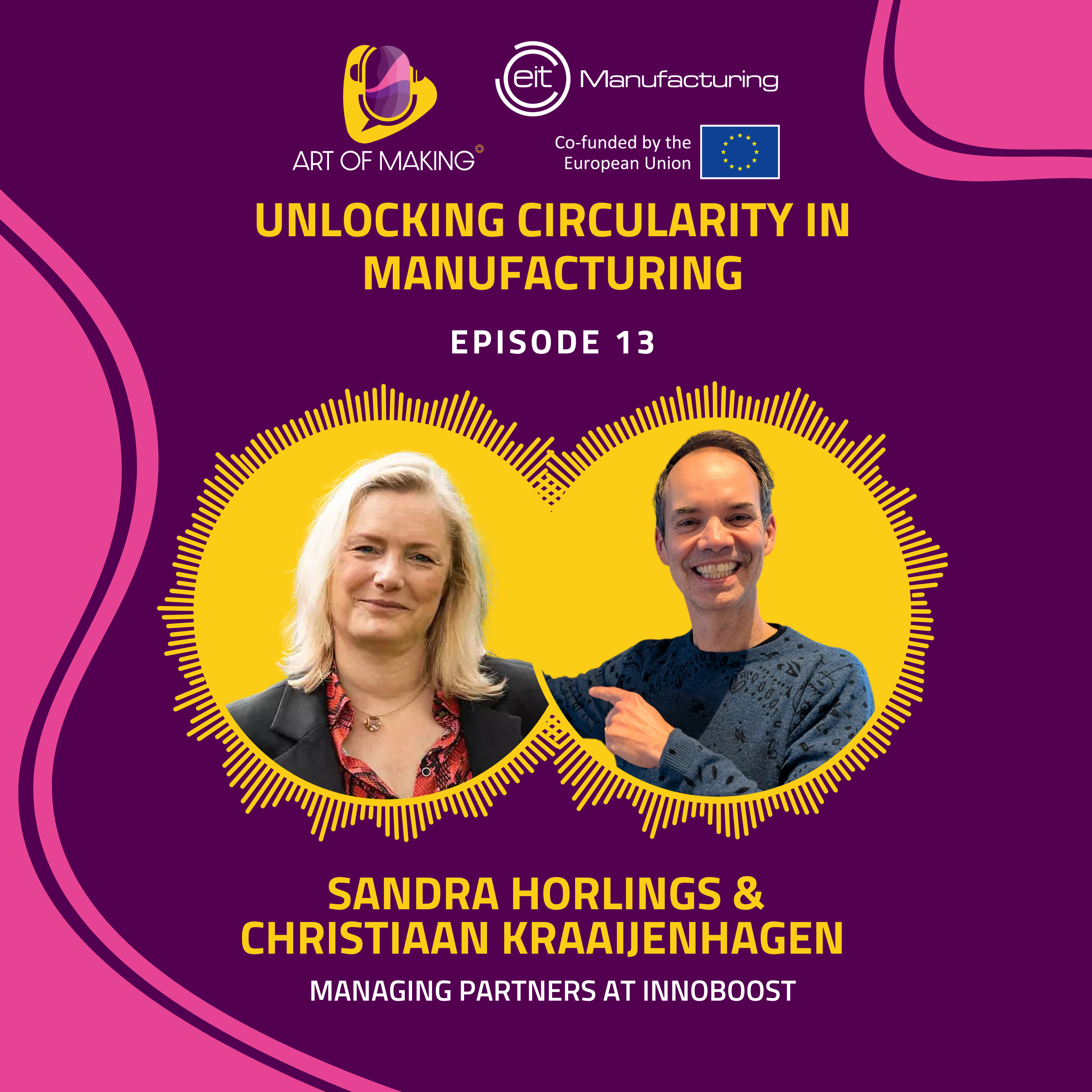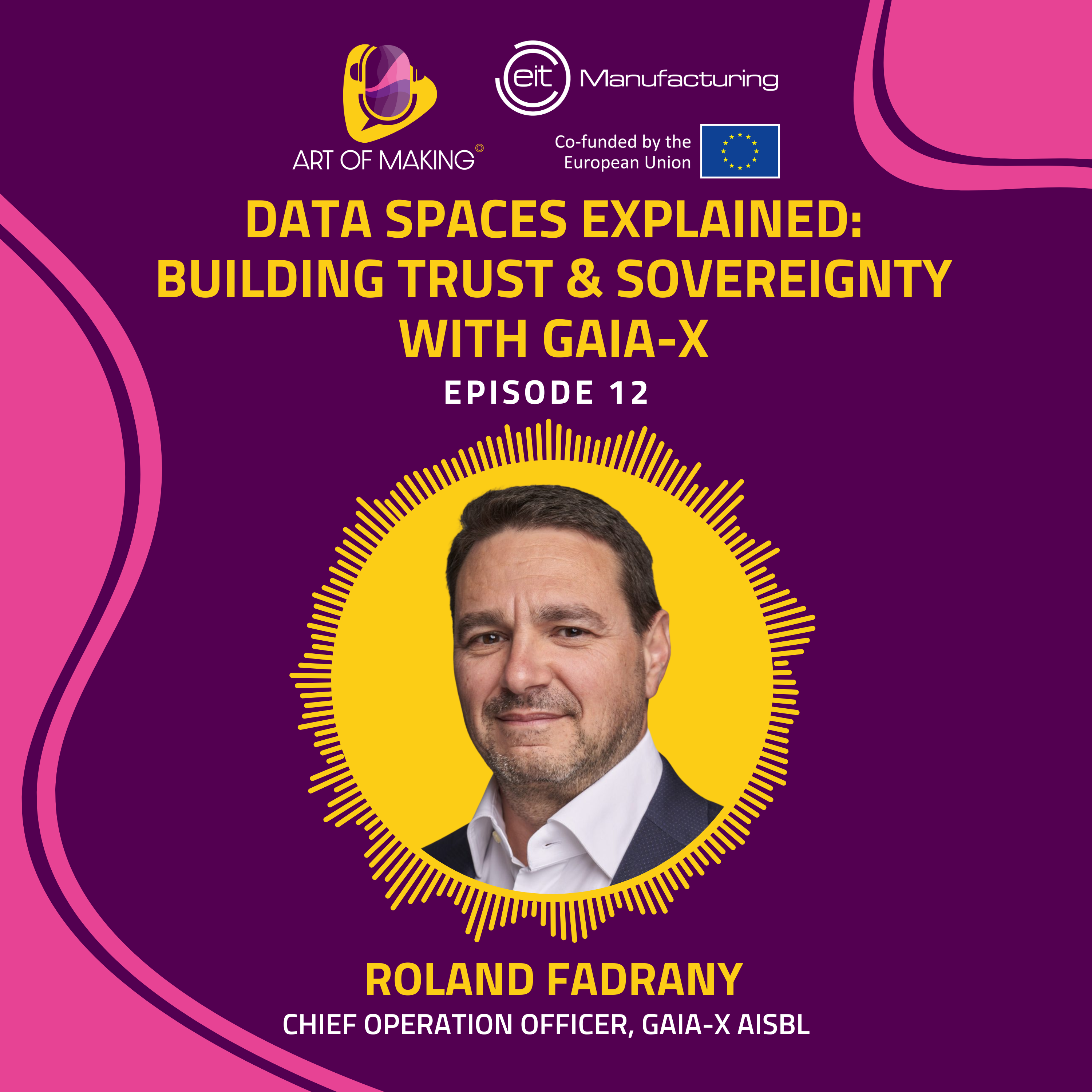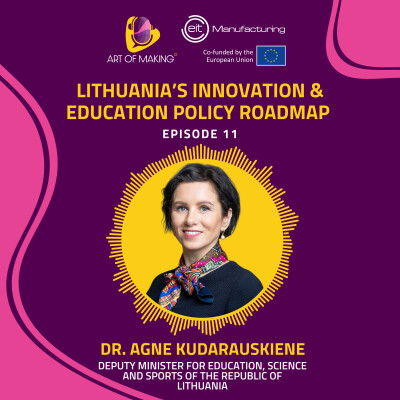Securing funding for ambitious projects often involves seeking financial support from various sources. For many organisations, submitting proposals to the European Commission (EC) is a significant and strategic step in accessing resources for projects with the potential to impact a wide range of societal, economic, and environmental challenges.
With this blog entry, we explore the key considerations and best practices for submitting successful EC-funded proposals.
- Understanding the specifics of EC Funding Landscape: Before diving into proposal preparation, it’s crucial to understand the EC’s funding landscape and its requirements. The EC provides funding for diverse areas, including research and innovation, environment, social development, internationalisation, and more. Familiarise yourself with specific and thematic open programs or calls for proposals aligned with your project’s objectives and company’s strategy.
- Team Formation and Collaboration: Collaborative efforts often stand out in EC funding applications. Building a strong, interdisciplinary team with a clear added value and forming partnerships with organisations, institutions, or experts from different countries can enhance the quality and credibility of your proposal.
- Thorough Needs Analysis: Begin your proposal with a clear and comprehensive analysis of the societal, environmental, economic or other urgent needs your project aims to address. Identify gaps, challenges, and opportunities in your chosen field which your solution will cover. Provide an overview of the actual state of the art and situation of IP in your field.
- Aligning with the Sustainable Development Goals (SDGs): The EC places a strong emphasis on projects that contribute to the achievement of the United Nations’ Sustainable Development Goals (SDGs). Ensure that your proposal highlights its relevance to one or more SDGs, as well as how your solution will contribute to them and how you will demonstrate the benefits. Don’t forget to address social, economic, and environmental risks which may occur due to your project.
- Clear Objectives and Work Plan: Articulate the objectives of your project clearly and concisely. Develop a detailed and coherent work plan that outlines the project’s milestones and go/no-go decisions, activities, and expected measurable outcomes. Be realistic about what can be achieved within the project’s timeline. Provide clear start and end dates with quantified results and enough time for feedback loops and adoptions. Where adequate, mention the Technology Readiness Level (TRL) and Scientific Readiness Level (SRL).
- Innovation and Impact: EC-funded projects often prioritise innovation, the level of technical challenges and new knowledge created, as well as the potential for high impact. Highlight the innovative aspects of your project, whether they involve technology, methodologies, or novel approaches or a new product. Explain how your project can create tangible, positive change and if results can be used or transferred to other sectors.
- Sustainability and Long-Term Impact: Address how your project will be sustained beyond the funding period. Demonstrate a clear strategy for the project’s long-term impact, including how it will continue to benefit partners, and society or address similar challenges.
- Budgetary Transparency: Develop a detailed budget that aligns with the project’s objectives and partners’ roles and expertise. Don’t forget to explain the necessity of subcontracting if any expertise is not covered by the consortium. Ensure that all costs are accounted for and the budget reflects a well-thought-out financial plan. Consider potential currency exchange rate risks and increases in salaries, if applicable.
- Ethical Considerations and Compliance: Address any ethical and legal considerations related to the project. Ensure that your proposal complies with international regulations and standards.
- Strong Communication and Dissemination Plan: Explain how you will disseminate project results and engage with stakeholders. Clear communication plans with clearly quantified target groups enhance the visibility and impact of your project.
- Review, Feedback, and Evaluation: Seek input and feedback from peers, experts, colleagues or National Contact Points (NCPs) throughout the proposal development process. Continuous refinement and evaluation improve the quality of your proposal.
- Submission and Deadline Awareness: Be aware of submission deadlines, requirements and the expected workload. Ensure that your proposal adheres to the specific format, guidelines, and submission procedures outlined in each call for proposals.
- Persistence and Patience: Preparing and submitting an EC-funded proposal can be a lengthy and competitive process. It’s important to persevere and exercise patience, especially if your proposal is not immediately successful. Learn from each submission to enhance your chances in subsequent calls. Use a re-submission procedure when offered.
Submitting EC-funded proposals is a challenging yet rewarding endeavour that has the potential to bring your innovative projects to life and contribute to a more sustainable and equitable future. By following best practices, aligning with EC priorities, and demonstrating the potential for high impact and innovation, you can increase your chances of securing the necessary funding to turn your vision into reality. Success may require effort, but the potential benefits for your company, the whole consortium, society and the world are well worth DOING it. Don’t quit if you are not successful the first time!
Created by Mag. Sabine Seidl, CMC
Are you lost in the comprehensive landscape of EU funding? Register now for the Elevate Your Proposal: Expert Tips for EU Funding Success, a 2h webinar with EIT Manufacturing and Sabine Seidl from Ideas in Motion. In this webinar, Sabine provides a comprehensive exploration of immediately applicable insights and expert guidance for crafting a high-quality European cooperative proposal, taking into account the perspectives of reviewers.
Additional 30min or 60min one-on-one sessions can be booked in order to elaborate on specific inquiries and individual questions that might be too sensitive for the webinar. These optional one-on-one sessions can be booked in combination with the webinar or separately without attending the webinar.
For more information on attending individual sessions only, please go to:
- Elevate Your Proposal: 30-Minute Individual Session (Online)
- Elevate Your Proposal: 60-Minute Individual Session (Online)
Sabine Seidl is a funding and innovation expert with +30 years of experience. Founder of Ideas in Motion Management, Sabine specialises in project development, implementation, business plans, and international project management, particularly in industrial technologies. Find more at ideasinmotion.at.




